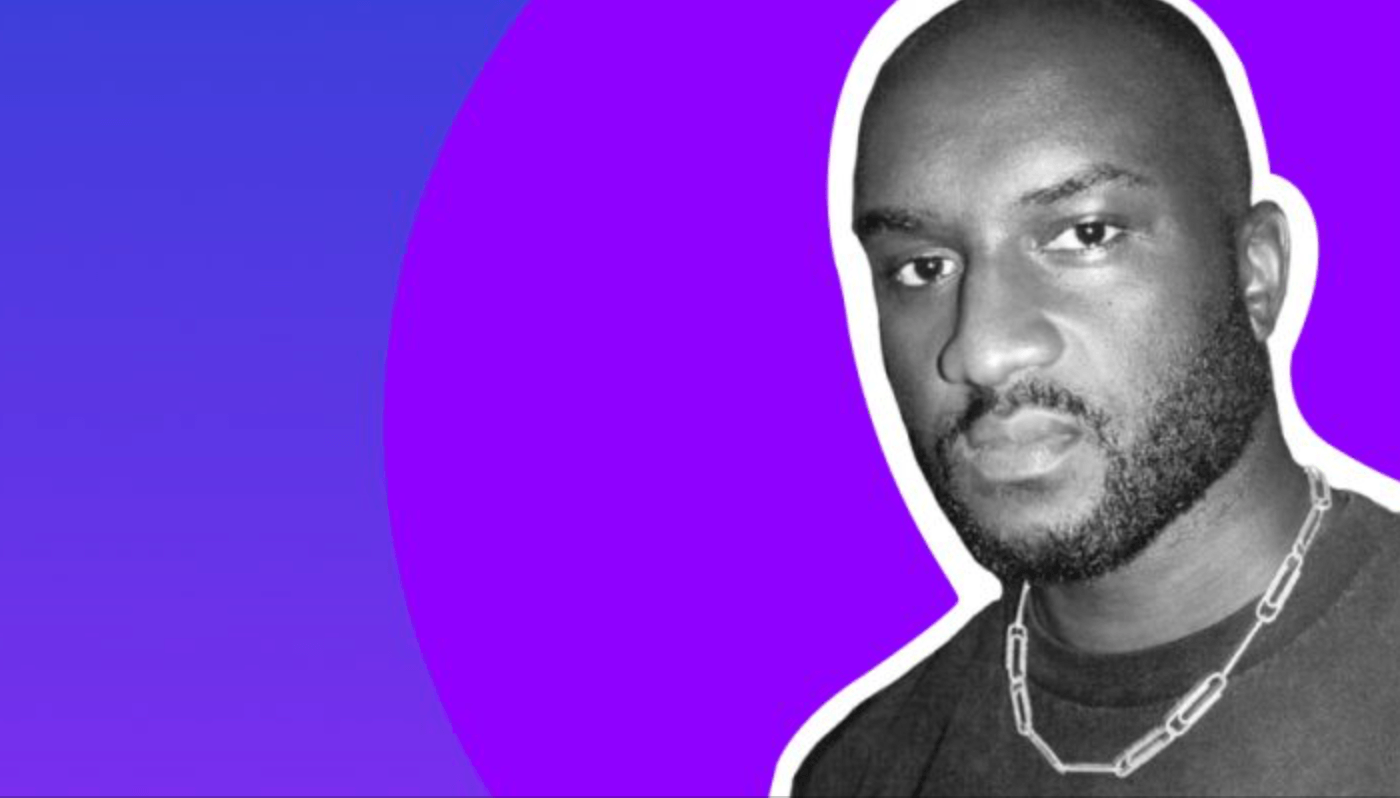Off-White Founder Virgil Abloh Interview on Education, Art, Culture, and Design
Virgil Abloh was a first-generation Ghanian-American student, who went on to become Louis Vuitton's artistic director and CEO of Off-White. Here's how he did it, and what he has to tell students today.

This summer brought to light existing inequalities in the American education system and reminded the country that educational equity extends far beyond the reaches of our classrooms.
Whether we discuss the lack of diversity in STEM fields or how stereotypes inform how our students are treated, it’s clear that educational equity and equity each require the other. This relationship between schools and society makes high school a place to intervene and address unjust systems.
At XQ, we wanted to bring this message of empowerment and action directly to our community during our summer Community of Practice professional learning series. Our goal was to remind educators that their classroom is and must be a unit of change in an ongoing fight for justice.
Virgil Abloh on Education and Experience
We tapped Off-White Founder and Chief Creative Office Virgil Abloh to learn more about his ascent in the design world. Virgil discusses his journey as a first-generation Ghanian-American student to his career highlights, including serving as Louis Vuitton’s artistic director. In conversation with USC Iovine and Young design student Abigail “Beez” Africa and XQ CEO and Co-Founder Russlynn Ali, we learn how creative thinking helped Virgil create a successful and unconventional career.
The three discuss representation, diversity, and activism within the education and design world in their conversation. The virtual discussion focused on “Creating for the Future” and allowed Virgil to pass on what he’s learned throughout his career to the next generation of makers.
We’ve compiled a highlight reel that you can see above.
Throughout the discussion, Virgil offered insights into how he sees education and how educators can support their students in new ways:
“If the student is a candle, I could put this candle in an all-white gallery space and make it look like a piece of art. I could also put this candle in a garage and make it look like a piece of trash. I often think of that analogy in design. I could design the candle, or I could design the room that surrounds it.
To an educator, I would say that it’s not just the student, but also the classroom and the ambiance of where that classroom sits, how it operates, and what it reflects of the outside world that leads to student success. The room around it influences the student. To build an ecosystem that allows for learning—not in the traditional sense, but the modern sense—I am positive that focusing on the room around the student will yield solutions.”
While Virgil is not an educator in the vocational sense, his remarks remind us about the intuition baked into education. As a student who learned firsthand that he could only thrive if he had the environment and structures to help him. If the classroom replicates the unjust systems within America, students will never transcend these structural limitations. We have to redesign what classrooms can be and how they engage with students to create change and empower our students at the individual level. Schools are places of change. That belief drives our work at XQ.
Virgil Abloh on Activism and Community
This session with Virgil Abloh reminds us that individual success and social change at large relies on community effort. He mentions that though injustices lurk in every aspect of human life—if we can come together to fight those injustices, we have a real opportunity for success.
As he explains, activism is “rooted in this idea that you can spread knowledge so that change can happen.”
At XQ, we believe that message wholeheartedly. To inspire the next generation, we must give them the tools for change by allowing them to envision endless futures and teach them how to spread knowledge. We encourage students and educators to think about Virgil’s presentation and explore how to foster community and create social change in their lives and communities.
Subscribe on YouTube: http://xqss.org/youtube









